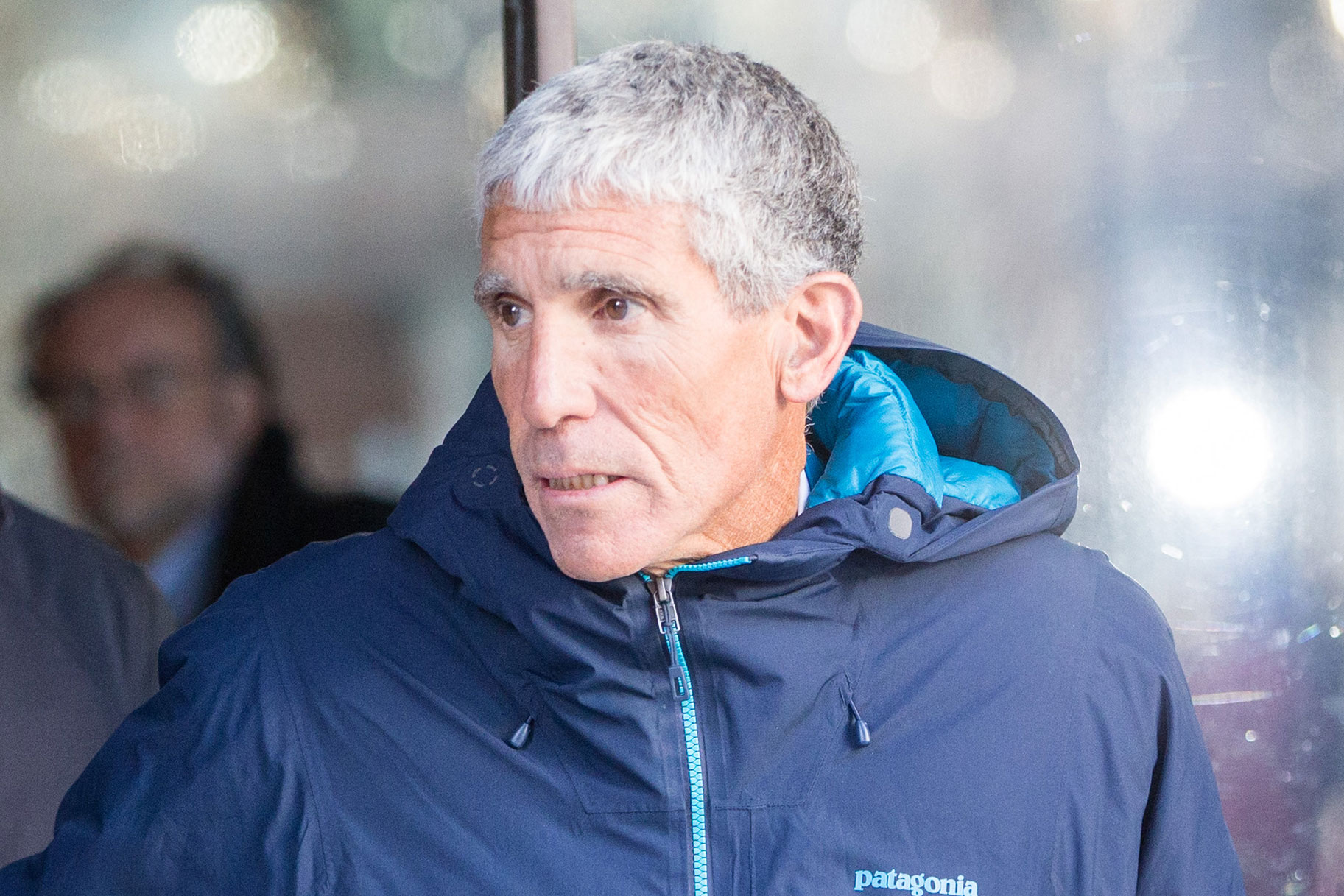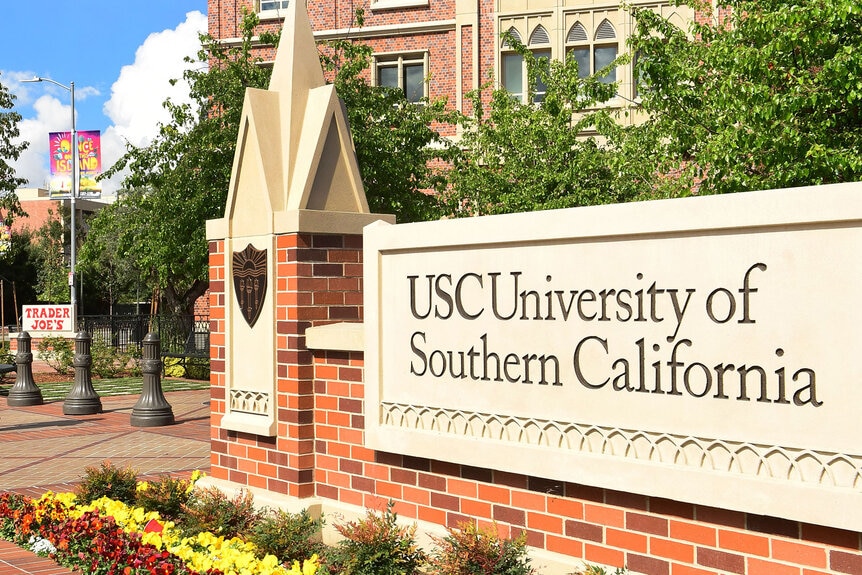Create a free profile to get unlimited access to exclusive videos, breaking news, sweepstakes, and more!
What Did Elite Colleges Actually Do About Admissions After The Varsity Blues Scandal?
With their facade of strict meritocracy melting away, elite universities scrambled to show dedication to integrity — but what did they actually accomplish in two years?

The uproar over the college admission scandal, which began in 2019 after the announcement of the arrests of dozens of wealthy parents, coaches, and school officials, soon fell into hand-wringing over class, racial divides, the access of the wealthy, and how elite education truly works. While more than 20 parents and coaches have so far been sentenced in the widespread conspiracy, the top-tier schools embroiled in the admissions grifts have largely maintained their ignorance of the scheme, and instead have made overtures about overhauling their opaque processes and policies.
It was on March 12, 2019, that the Department of Justice released a shocking announcement: For the past eight years, William “Rick” Singer, owner and operator of a college counseling and preparation business, had been running a stealth scam, which had earned him racketeering conspiracy, money laundering conspiracy, and obstruction of justice charges; he'd already pleaded guilty a week prior to the bombshell announcement.
“I created a side door that would guarantee families would get in,” Singer had told a courtroom. “I was buying coaches for a spot — and that occurred very frequently.”
Also indicted were dozens of wealthy parents, including some well-known actors, who’d paid Singer hundreds of thousands of dollars to open the door for their teenage kids to the best U.S. colleges, like the University of Southern California, Yale, Stanford, and Georgetown. Many coaches at these top schools, along with SAT and ACT administrators, were also implicated; their tactics, including bribery and rigging the aptitude tests, were publicly revealed.
The still unfolding scandal, which has seen sentencings as recently as last week, is portrayed in the new Netflix feature “Operation Varsity Blues: The College Admissions Scandal,” a hybrid documentary-reenactment feature. The film was released last week.
Back in 2019, with their facade of strict meritocracy melting away under a harsh spotlight, most of these first-class institutions acted swiftly. For example, in Netflix’s film, a closing title card states that Stanford University — whose sailing coach, John Vandemoer, pleaded guilty to accepting money for two applicants — had redistributed funds to an outside philanthropic group, which the school later said may go to “financially challenged” college-bound students; Stanford apparently ended up giving the money to 10 unspecified Bay Area college access programs.
That card also said that Stanford denies that their top athletic director knew anything of Singer or his grifts and that money does not influence admission to the school — which is ranked no. 6 in the nation and has a $28.9 billion endowment. The school also launched an external review; in Dec. 2019, that review found “no additional fraud,” it reported, but indicated that Singer had approached seven other coaches at Stanford.
Nevertheless, Vandemoer alleged to the producers of Netflix’s film that the “head athletics director” at Stanford was aware of Singer and his bribes. As reenacted in the film, Singer shows up at Vandemoer’s office unannounced, excusing his sudden appearance by saying he had connections at the highly secure campus. The former sailing coach adds in the film that when he'd told the head athletics director of a large donation, his superior said to Vandemoer, “Oh, I know Rick.” Vandemoer also told the film’s producers that when he brought a potential $1 million bribe offer forward, the athletic director, who goes unnamed in the film, said that arrangement was “something Stanford could do,” but that $1 million wasn’t enough money.
In an email to Oxygen.com on Thursday, a Stanford spokesman denied that assertion and said that the final moments of the film fail to correct fabrications built into its narrative.
"Mr. Vandemoer’s allegation about the Athletic Director and a $1M donation is false," spokesperson E.J. Miranda wrote. "Vandemoer never spoke to the A.D. or any other senior person in Athletics about attempts to influence admissions decisions through donations to the Athletic Department. It also is false that the university Athletic Director had any conversation with the sailing coach regarding potential support from Mr. Singer and how that could influence admissions decisions on students applying to Stanford."
Miranda also said that after the news broke, Stanford put into practice "enhanced controls in the university’s gift acceptance process" and a second-level review process to confirm recruited student-athlete credentials.
Meanwhile, down the California coast, USC – a preferred school of more than a dozen indicted parents — released a statement and FAQ that said it was “shocked and deeply disappointed” when it learned of Singer’s scam. The university said last year that following a review it had found 21 students had violated policies; the punishments doled out ranged from deferred suspension to expulsion, the school said. USC’s senior associate athletic director and water polo coach, who allegedly received $1.3 million and $250,000, respectively, were fired or left their position. This was also the case with two soccer coaches also were involved in the sting. Like Stanford, USC added that “reforms designed to safeguard the integrity of student-athlete admissions” would be implemented.
But two years after the scandal broke, it’s unclear if any tangible admissions reforms outside of the athletics department have been made at USC — the No. 24-ranked school in the nation where roughly $57,000 in annual tuition gets students access to a stunning campus that the New York Times called “a place of pervasive wealth where celebrity, money, and status are still a part of daily life.” Matriculated USC students can now take a class at the Iovine and Young Hall, a “one-of-a-kind school” partially endowed by Andre Young (better known as the legendary rapper-producer-mogul Dr. Dre) and famed music producer Jimmy Iovine's $70 million donation; Young grabbed headlines in March 2019 when he perhaps inadvisedly, in the wake of the scandal, boasted online that his daughter had been admitted to USC “all on her own.” He later deleted that post.
And as seen in the Netflix film, the teenage social media influencer Olivia Jade Giannulli, the daughter of "Full House" actor Lori Loughlin, is admitted to USC after an alleged $500,000 bribe scores her a spot as a coxswain for the school’s rowing team. When news of the scandal broke in March, Giannulli was off on spring break in the Bahamas on a yacht named Invictus that's owned by her friend’s dad, the multi-billionaire real estate mogul, Rick Caruso — who's also chairman of USC's Board of Trustees.
Caruso was not implicated in the scandal, but did tell the LA Times afterward that he knew two people that were involved. In his statement, Caruso said he was saddened those involved would "victimize USC." Meanwhile, on one of the wiretapped phone calls, financier Bill McGlashan was heard saying “half the [USC] board knows me” to Singer, according to the LA Times, as he arranged the fudging of his son's ACT score. He pleaded guilty to wire fraud, handed three months in jail and paid a $250,000 fine.
Regardless of these revelations, last year it was reported by the Times that USC was directly courting Giannulli’s parents for donations and had been offering up a private tour of their campus. “I’d also be happy to flag her application,” an official wrote to her father, the Times reported; USC told the paper that this was sort of offer was "neither special nor unique" to Giannulli.
Giannulli dropped out of USC in March 2019 in the wake of the scandal, and her million-plus follower social media account quickly went dark. She told Jada Pinkett-Smith in a Red Table Talk interview earlier this year that she “just felt so ashamed...I shouldn’t have been there in the first place.” Caruso remains at the top of USC’s trustee board.
After the scandal broke, USC did begin some initiatives towards change. In the fall of 2019, students were asked to complete a five-question Values Poll to gather information to “adjust USC’s culture and policies to better fit what the public finds important.” This was part of a campus-wide “Culture Journey” program that was part of the university's first female president’s culture commission. The results found a notable disparity between values in the school's current culture and its desired culture.
At Yale, where a 24-year veteran soccer coach pleaded guilty to taking a bribe, an unnamed student there became the first known to have their admission rescinded for association with the scandal. The lone Ivy League school embroiled in the scandal said in its immediate aftermath that two students had been admitted through the scam; Yale would retain external advisors to detect and prevent future admissions fraud, it said.
In North Carolina, Wake Forrest University placed its head volleyball coach on administrative leave for allegedly taking a $100,000 bribe; the Wake Forrest Review reported that after the scandal, $50,000 would be given to a program aiding first-generation college students. And up in Washington, D.C. at Georgetown, where it was learned via the indictment that a tennis coach had taken bribes involving a dozen students, the school said it would audit its athletics and recruiting department in a move “to strengthen the integrity of our process.”
But for many, these are bandages on a larger wound ripped open by the scandal — one that laid bare the structural issues around higher education and generational wealth, inequality, and race. Last year, students at Georgetown, the nation’s no. 23 ranked school, started a petition to end legacy admissions, when children or other relatives of graduates are granted admission preference. Students said the practice gives an “unwarranted advantage to those from privileged backgrounds, directly perpetuating structural racial inequality.
Other ideas to combat these difficult structural matters include increasing enrollment at the more elite and selective schools, creating firewalls between admissions and the school’s development directors; these were all discussed at length at a February 2020 conference at USC. Plans around condensing college to a more affordable three years, creating a lottery system, or making state schools free for top in-state applicants have also all been floated as solutions to admissions issues.
Yet this all runs counter to the fact that these schools, in the end, are businesses — and therefore, selectivity will remain a major commodity, as author Daniel Golden points out in Netflix’s film.
“This scandal is not necessarily a reason for colleges to change their ways,” he told producers. “Because it makes the colleges seem more exclusive and desirable than ever. If all these rich people are willing to go to these incredible lengths and risk jail time just to get their kids into these colleges, then they must be extremely valuable."


























